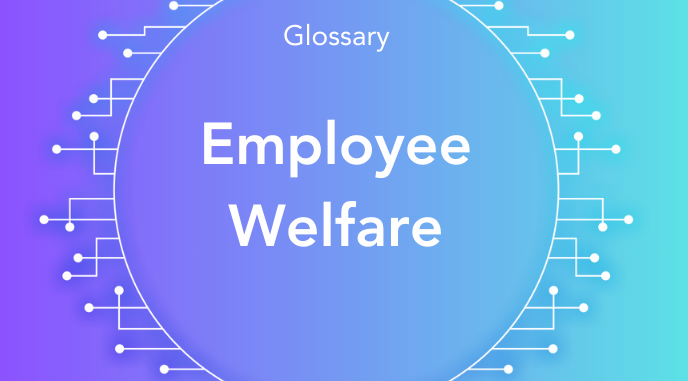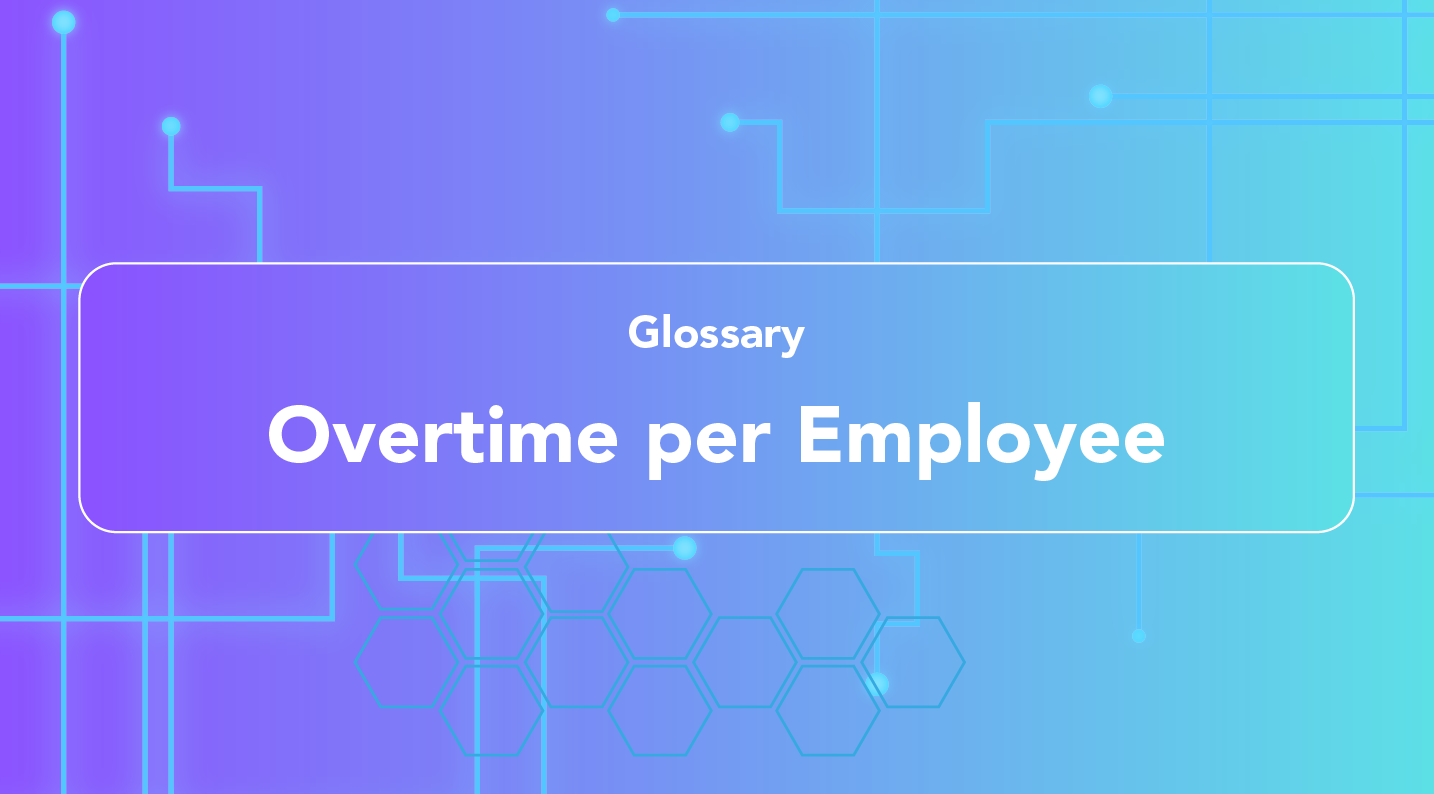- glossary
Employee Welfare refers to the various services, benefits, and facilities provided by an organization to ensure the well-being, comfort, and satisfaction of its employees. These measures go beyond wages and working conditions to support employees' overall quality of life.
What are the important Key Points for Employee Welfare?
- - Employee Welfare includes health and safety measures, recreational facilities, financial assistance, counseling services, and work-life balance initiatives.
- - It aims to improve employees' physical, mental, and emotional well-being.
- - Welfare programs can be statutory (mandated by law) or voluntary (offered at the employer's discretion).
- - Effective welfare measures can enhance employee morale, reduce absenteeism, and improve productivity.
What are the Benefits of Employee Welfare?
- - Enhances job satisfaction and employee morale, leading to a more motivated workforce.
- - Reduces employee turnover by building loyalty and a sense of belonging.
- - Improves health and well-being, resulting in fewer sick days and higher productivity.
- - Attracts top talent by offering comprehensive welfare programs as part of the employment package.
What are the Challenges that occur in Employee Welfare?
- - Implementing and maintaining welfare programs can be costly for organizations.
- - Requires continuous assessment and updates to meet the changing needs of employees.
- - Balancing the needs of diverse employees with varying expectations and requirements can be challenging.
- - Ensuring that all employees are aware of and have access to welfare benefits necessitates effective communication and management.

.png?width=50&height=50&name=Team%20HONO%20logo-01%20(1).png)



